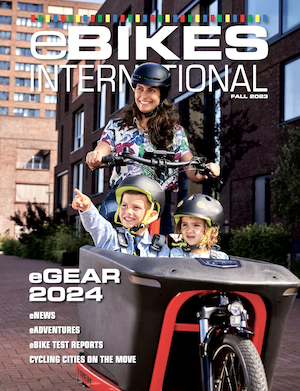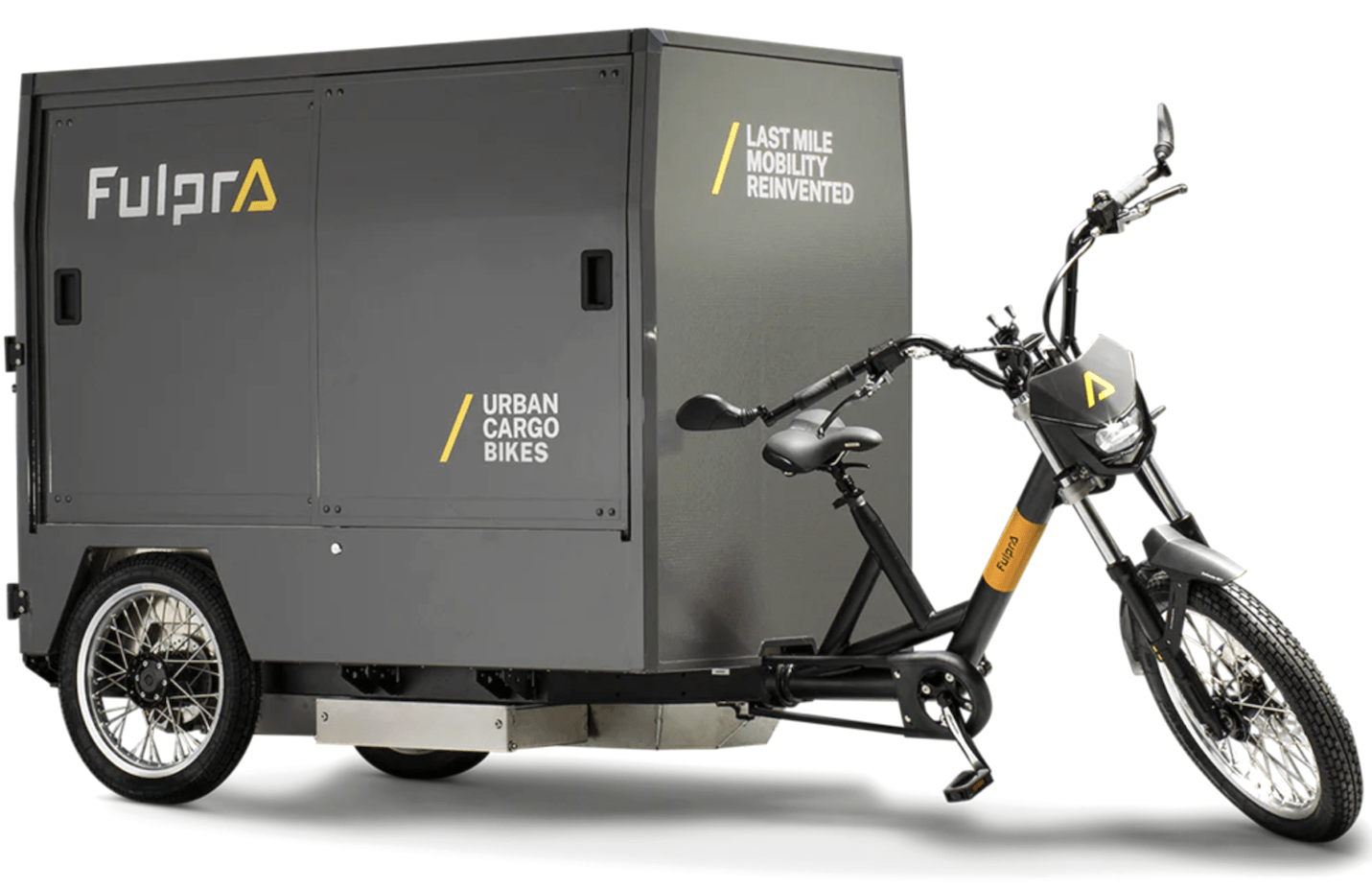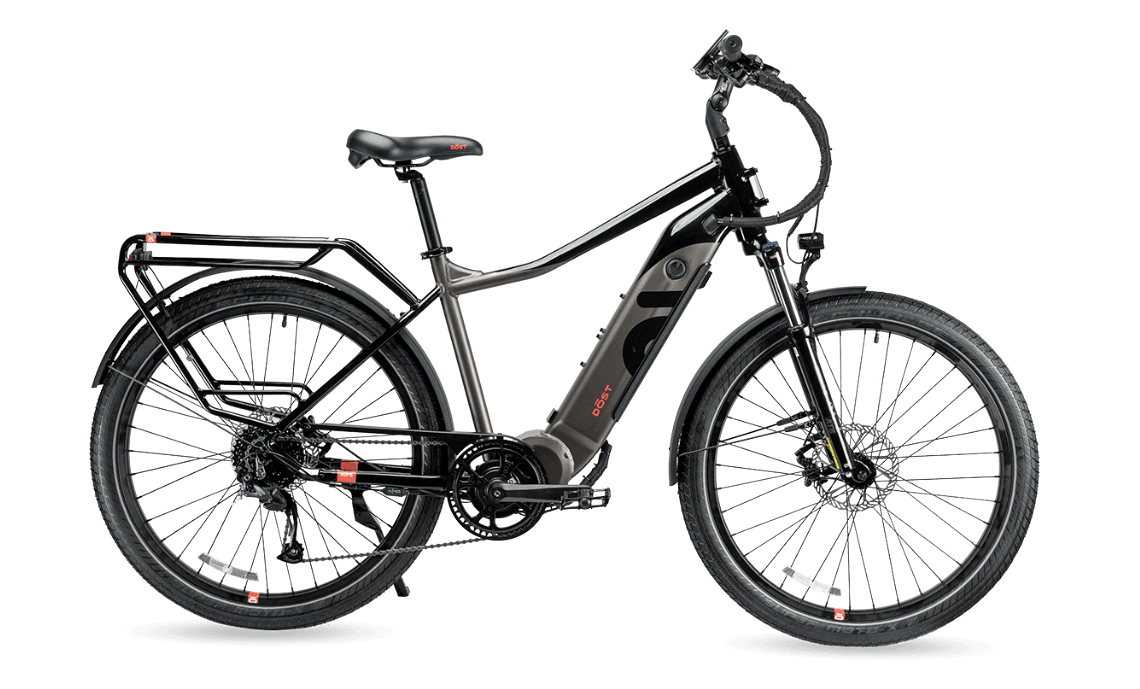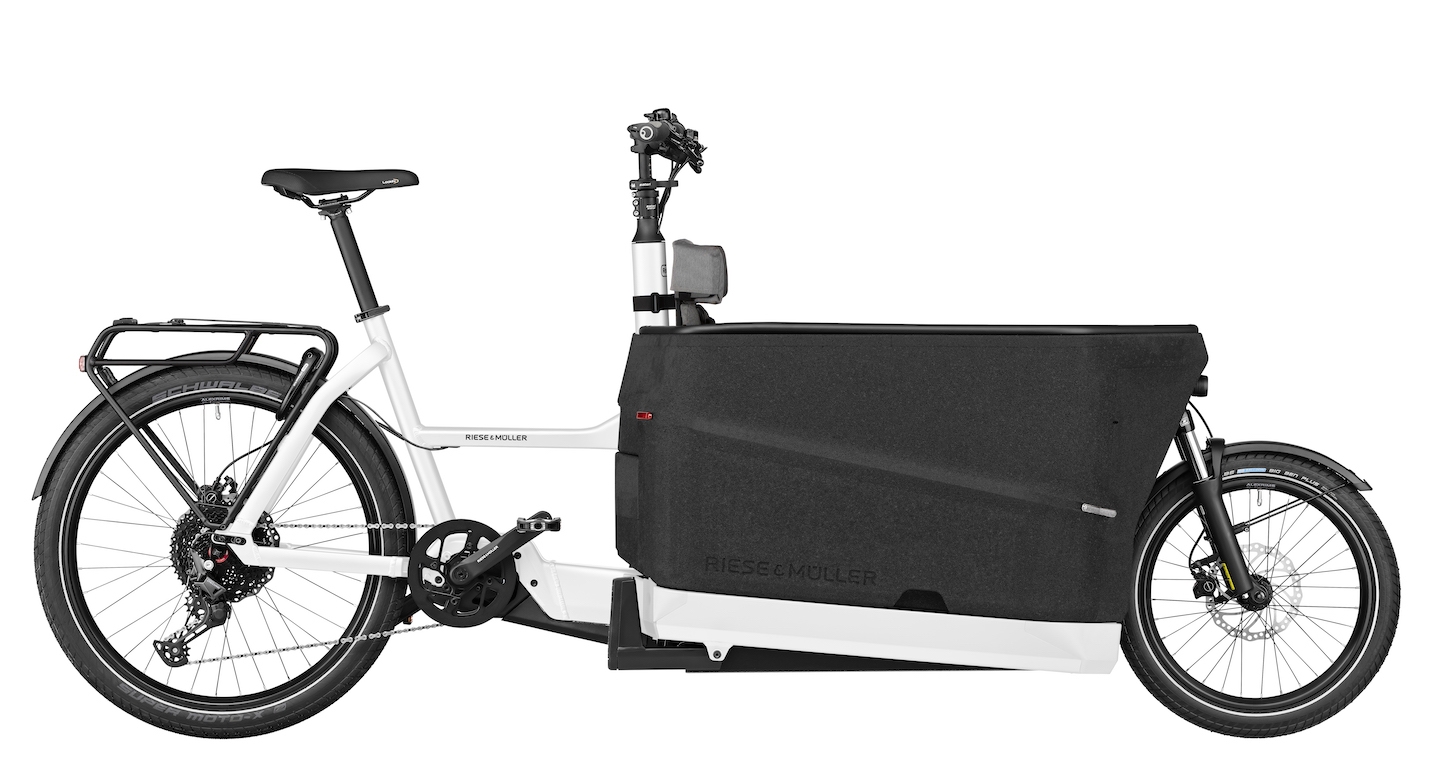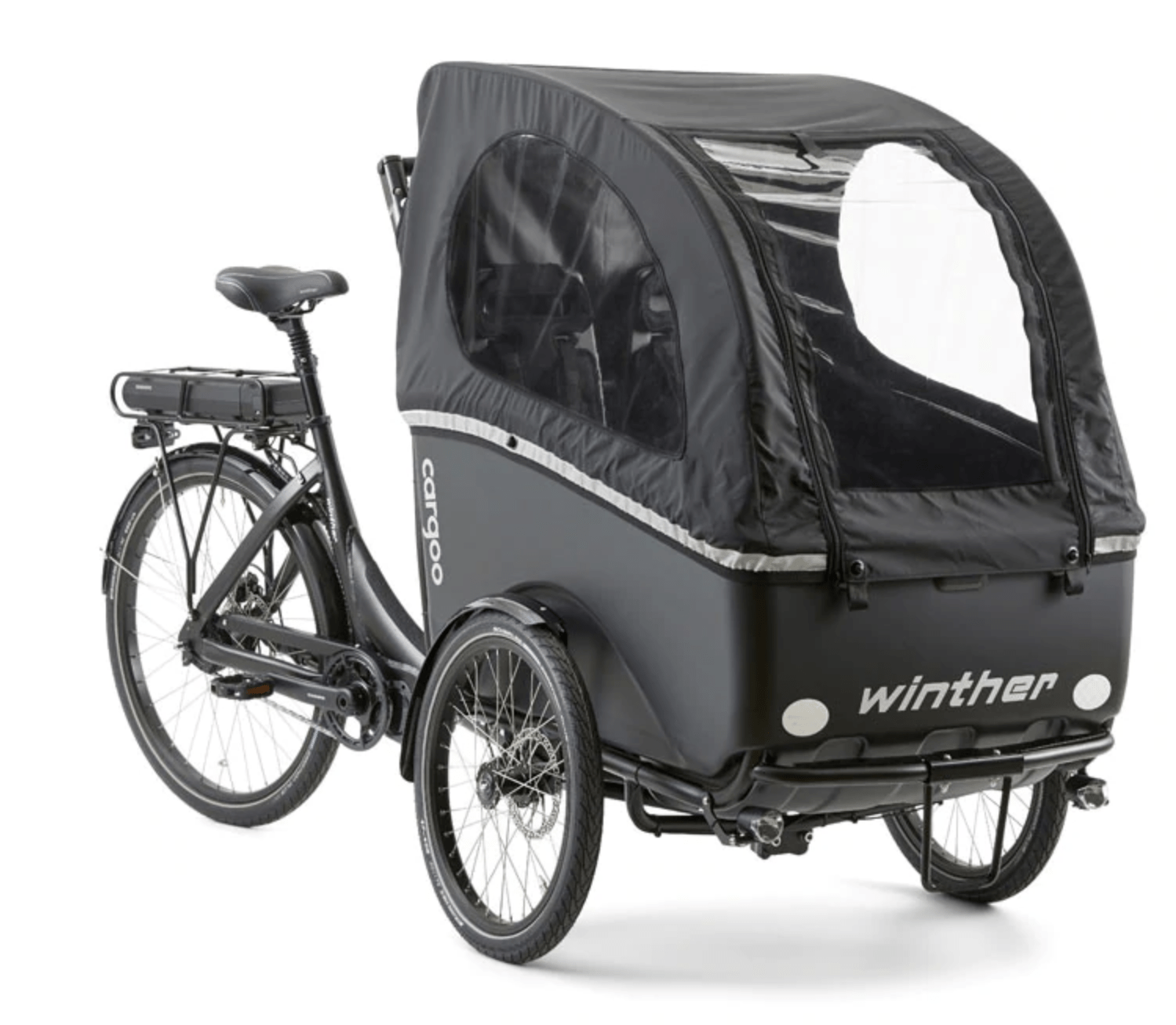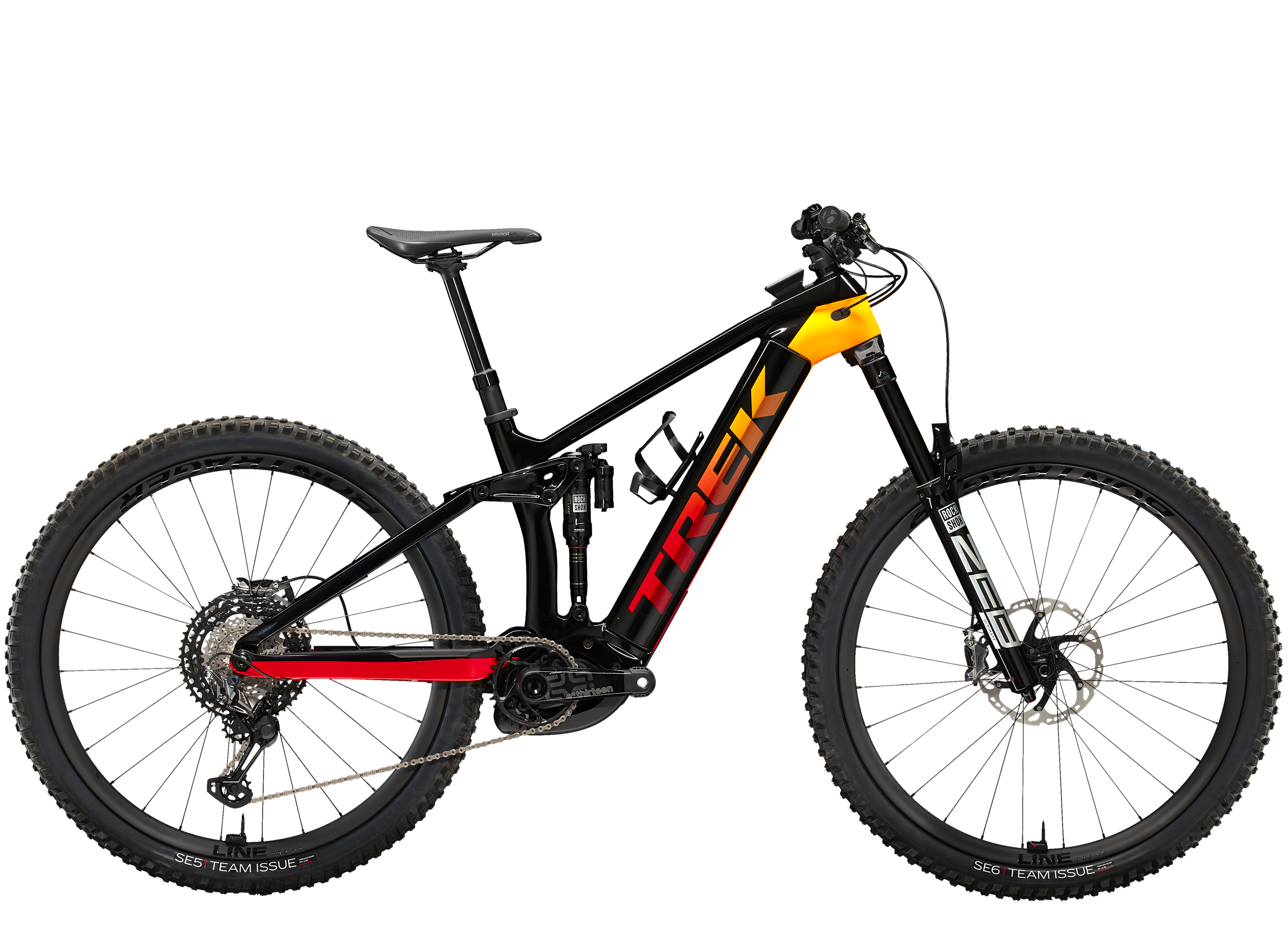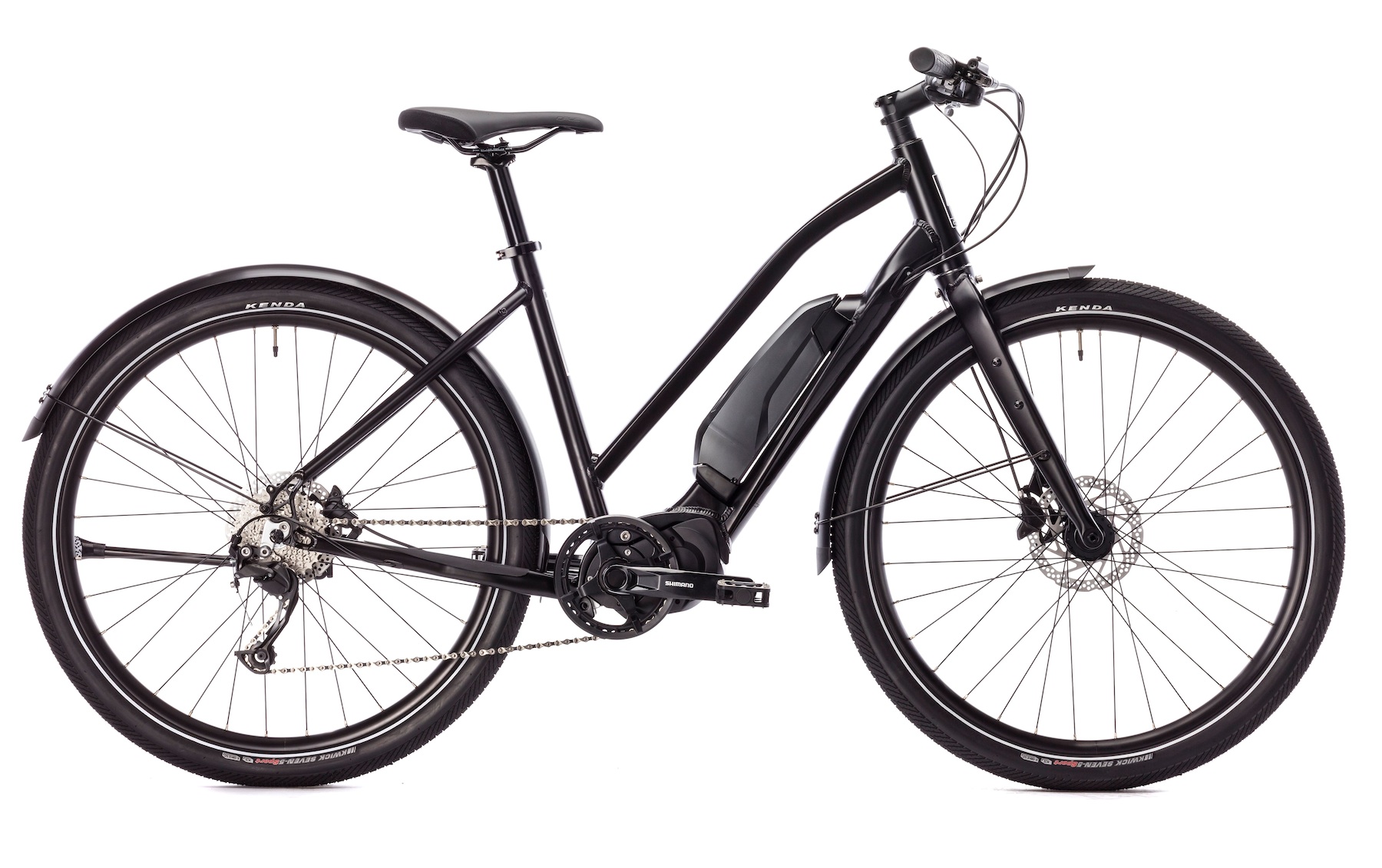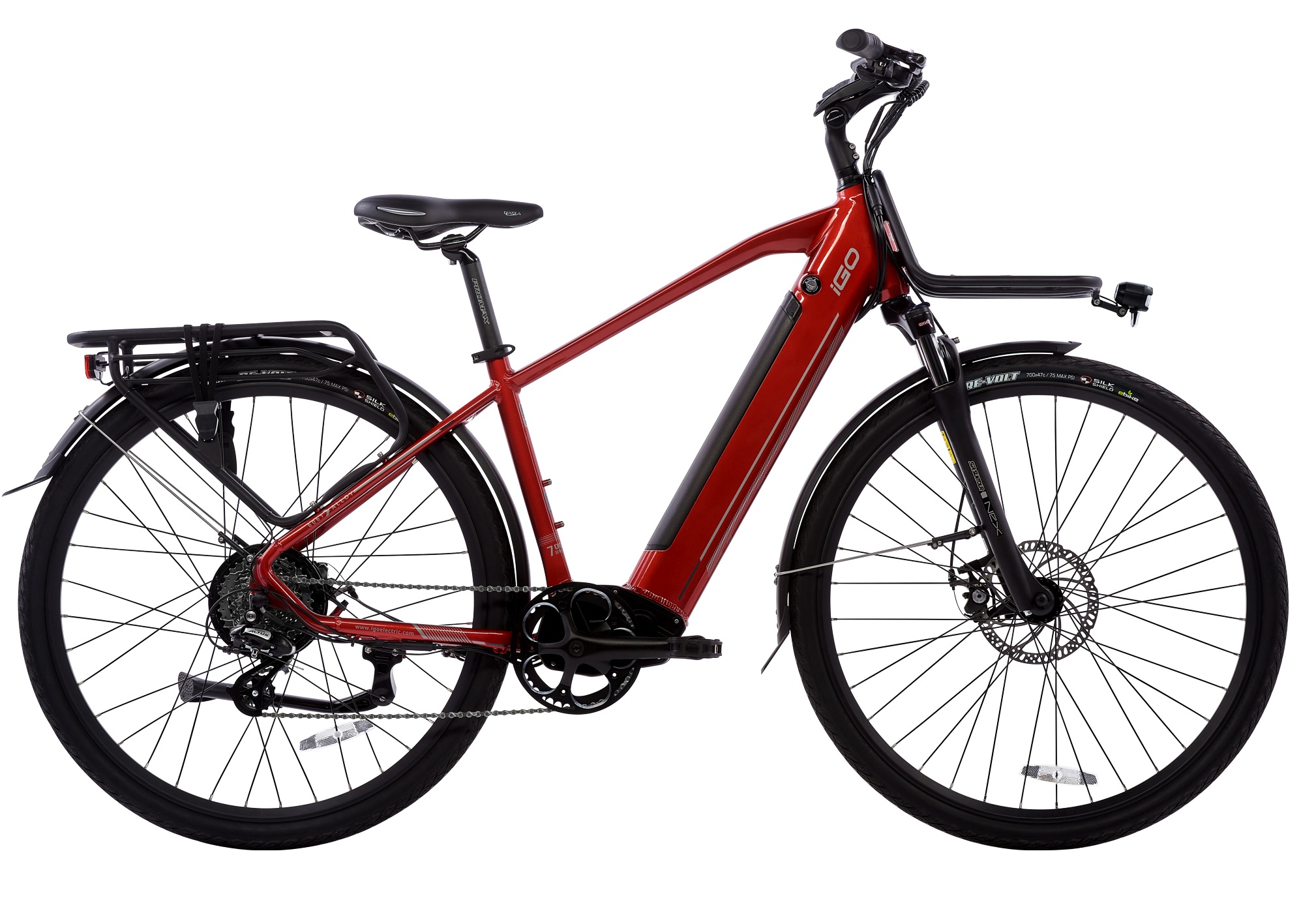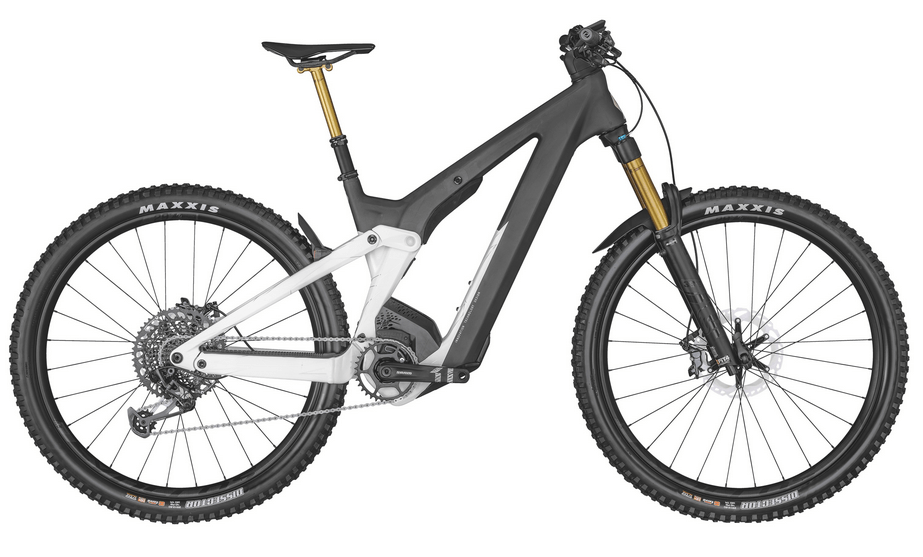April 1, 2021 - (Montreal, Que.) The innovative Colibri e-cargo bike project in Montreal is seeing great success with upwards of 4,000 inner-city deliveries per week and partners like Purolator on board. eBikes International caught up with Mickael Brard, the project lead, for an inside look at this rising star in sustainable mobility solutions in Canada.

Montreal is one of the major cities in North American that is leading the charge to implement e-cargo bike services on their urban city streets as part of Quebec’s Green Economy Plan to reduce emissions, noise pollution, and improve safety for pedestrians and cyclists.
The city-funded Jalon, a non-profit organization that deploys innovative solutions in sustainable and intelligent mobility, took the lead on the Colibri project to initiate and accelerate the initiative.
According to Brard, an urban mobility consultant at Jalon, Colibri began by consulting with local businesses, restaurants and courier companies to address the negative impact of urban delivers. The consultation yielded 20 recommendations, with the top idea being to create a central urban warehouse where a large truck could deliver packages to be sorted and delivered by a fleet of e-cargo bikes.
One of the keys to the project’s success lay in finding a central location for this “mini hub”, a concept that was inspired by current European mini hub models such as UPS’s use of a big truck and DHL’s canal-based barge in Amsterdam. Colibri took a different approach.
“We wanted to create a brick and mortar mini hub where all courier companies could share the space while having their own spot from which to store and deliver their packages,” explained Brard, the main force behind the project.

As luck would have it, the city’s recent purchase of Ile Voyaguer, a vacant bus station in the heart of Montreal would suite Colibri’s needs. With free use of the station granted, the challenge now was to bring the old building in disrepair up to a useable standard. With repairs underway, Colibri set up shop and started by using containers in the parking lot as their mini hub.
The next step was finding delivery companies to join the project. As luck would have it, Purolator, alongside two small local courier companies jumped at the opportunity.
“The timing was perfect as we were willing to build the project, the city was willing to give us a building and we had courier companies interested in participating,” said Brard.

Next up was for Purolator and the participating courier companies to assemble their fleet of e-cargo bikes with the capacity to carry up to 200 kg. The initial fleet included Rytle’s German-made, 3-wheeled 250-watt rear wheel drive unit, a Dutch 2-wheeled Bullitt, Rad Power’s Rad Burro, and an e-bike/trailer combination.
To devise the best framework, Purolator took six of their daily truck routes servicing the city center, each delivering up to 150 parcels, as the model for the Colibri project. After testing different scenarios, it was determined that the most efficient set up was using one large truck to deliver all packages to the mini hub with five e-cargo bikes along with one small truck to cover the last-mile delivery of the parcels. The new model saw a 15% increase in deliveries, and when the cheaper operating costs of the e-cargo bikes were factored in, it also proved to be most cost-efficient as well.
“To create the most efficient model, you must think of the modes of delivery as a fleet, and not just as an isolated e-cargo bike. We found that 1.5 metre-sized packages, like a TV, would not fit in e-cargo bikes which resulted in integrating a small truck into the formula. To reach a successful model we replaced six large vehicles with one small gas powered truck and a small fleet of e-cargo bikes,” commented Brard.

Colibri launched in September 2019, and as with most new projects of this nature, logistical speed bumps were inevitable. The fact that their e-cargo bikes were not designed to handle Montreal’s rough roads and winter weather presented challenges of its own. Brard feels that we should start manufacturing and distributing these type of e-cargo bikes in Canada, so the process can better address the specific needs of the Canadian environment.
Bike maintenance and repairs posed early challenges, but with a very successful outcome. The fleet of bikes needed constant repairs and overnight servicing to ensure daily deliveries of up to 800 packages. A local Montreal company Livraison Velo Montreal (LVM), came to the rescue by taking on the repairs and overnight maintenance to ensure the e-cargo bikes were ready to roll at the crack of dawn.
During winter, workers were also challenged to load and sort packages in -15 degree weather while the lack of heating forced a 3-month closure.

While winter can be a very challenging time for bike deliveries, Colibri also proved that e-cargo bikes can operate very efficiently in these conditions. Well maintained bikes with good wheels and tires proved to do better navigating snowy streets vs traditional trucks. When snow conditions brought trucks to virtually a standstill, the e-cargo bikes could still get packages delivered.
There was only a 5% reduction in deliveries by e-cargo bikes during snowstorms and overall they were more efficient than trucks. According to Brard, “If e-cargo bikes can make it on the streets of Montreal in winter, they can make it almost anywhere.”
Navigating the e-cargo bikes on city streets and in pedestrian zones also presented initial user-related conflicts.
“One of the victories for us was getting permission to use pedestrian zones all day while regular delivery trucks were only allowed use up until 10 am. Having signs stating that e-cargo bikes were allowed really helped to legitimize our project. Also, when we first launched, the fascination shown by the public had them even posing for pictures with the unique looking e-cargo bikes,” explained Brard.

Colibri’s success is not only seen as a geat way to reduce urban traffic, but also its corresponding environmental and social impact, including the operational aspects of how a company works, and of course, the bottom line. Colibri is currently exploring two additional mini hubs and Purolator wants in.
“The project was intended to be expanded and this concept is in line with Purolator’s current industry model. Now they want to open more mini hubs as it’s a no-brainer for them,” added Brard, who noted that their fleet has expanded to around 20 e-cargo bikes with new players on board as well.
Purolator recently announced an exciting national deployment of e-cargo bikes and e-delivery vehicles across Canada – read more here.
According to Brard, the outcome of the Colibri project demonstrated three key components to help solidify e-cargo bike services in Canada. First, establish well-located mini hubs where multiple companies can share a general space while having their own areas to manage their own packages. Secondly, create centralized maintenance within the mini hub to service the e-cargo bikes, and finally to embrace a fleet-mode mentality.
Government initiatives such as Quebec’s recent $2,000 e-cargo bike rebate program as part of the province’s green energy transition measures, help fuel the concept and project’s growth – read more here.
Colibri, which means hummingbird in French, is certainly humming along. With more mini hubs in the works, it’s only a matter of time before more Canadian cities take on similar projects. Based on their current success globally, e-cargo bikes seem destined to become a permanent fixture on the Canadian urban landscape.
For more information visit here.



